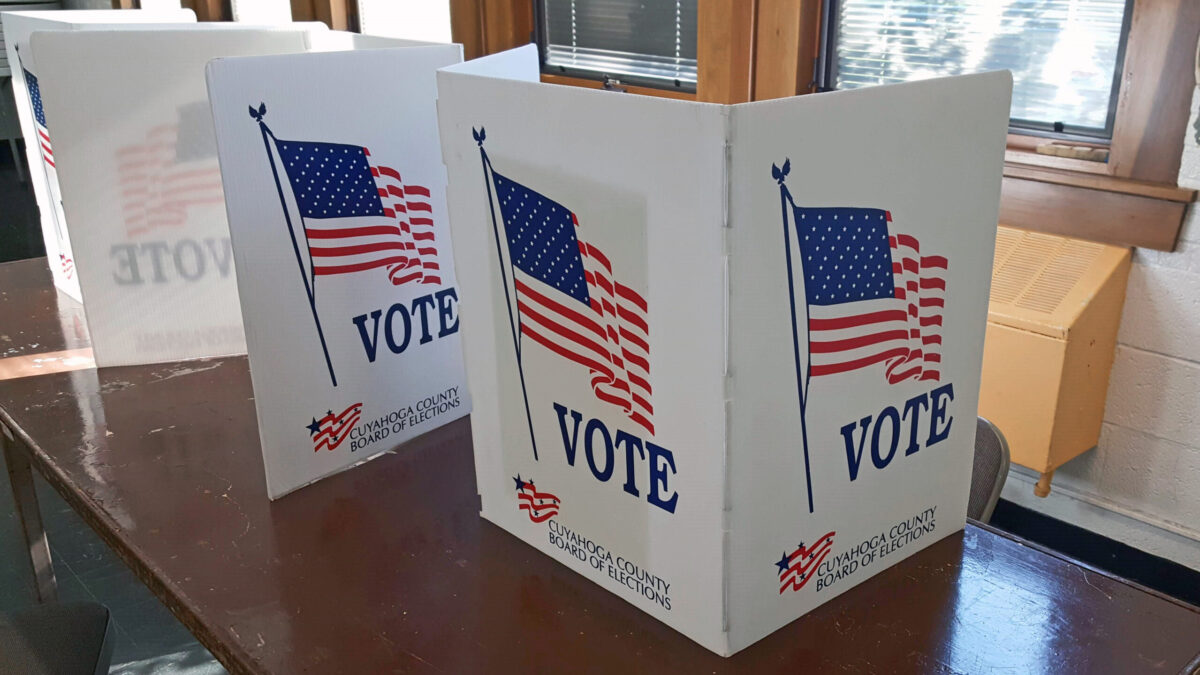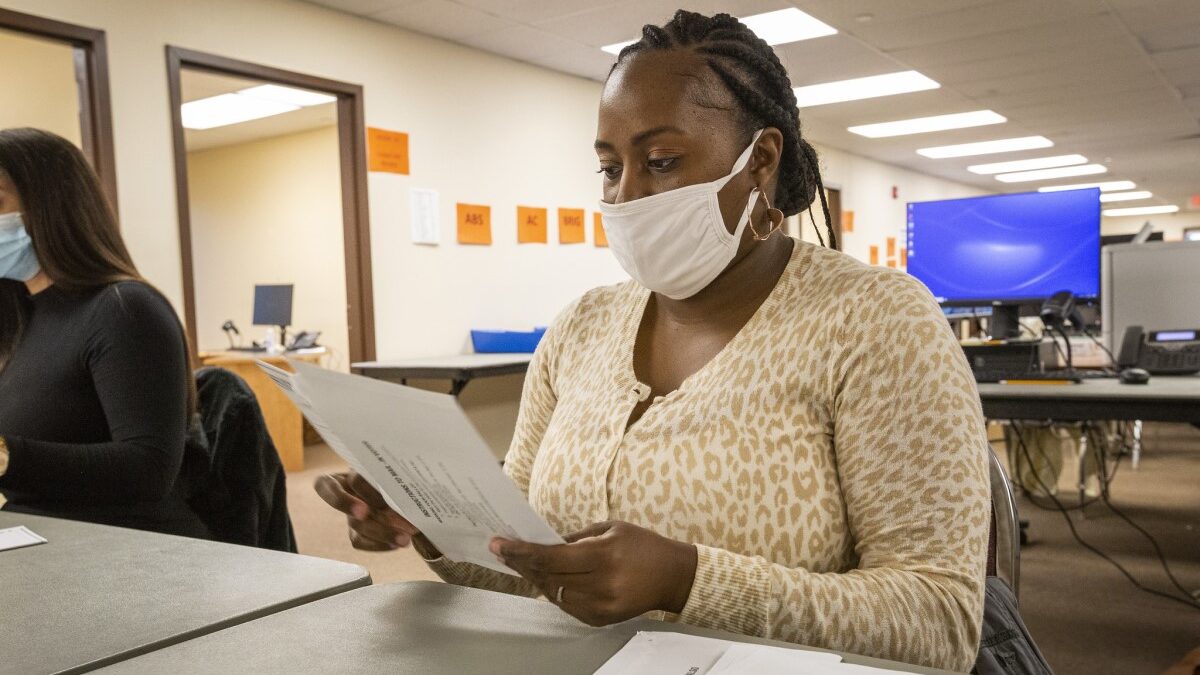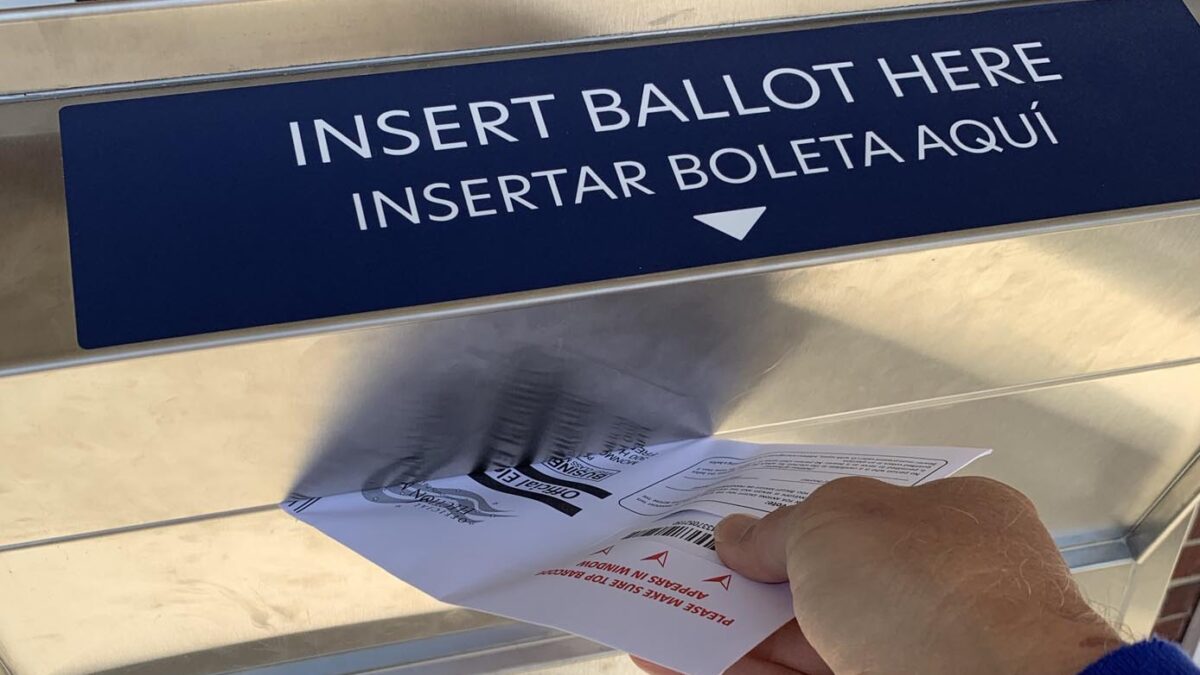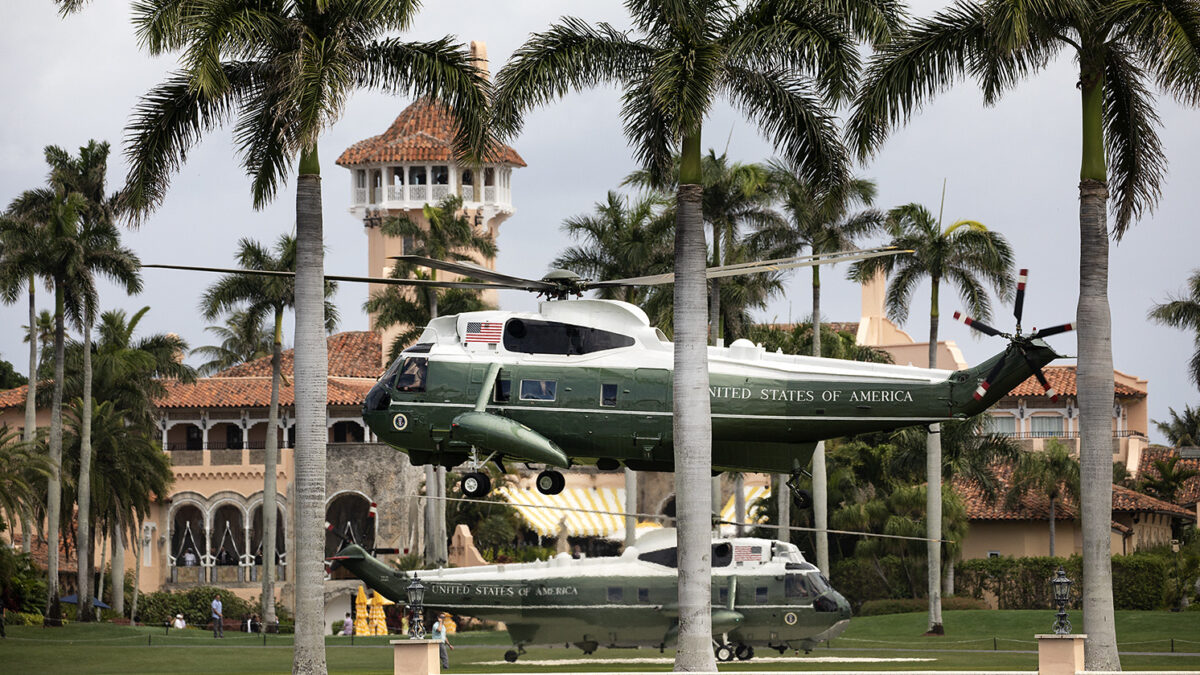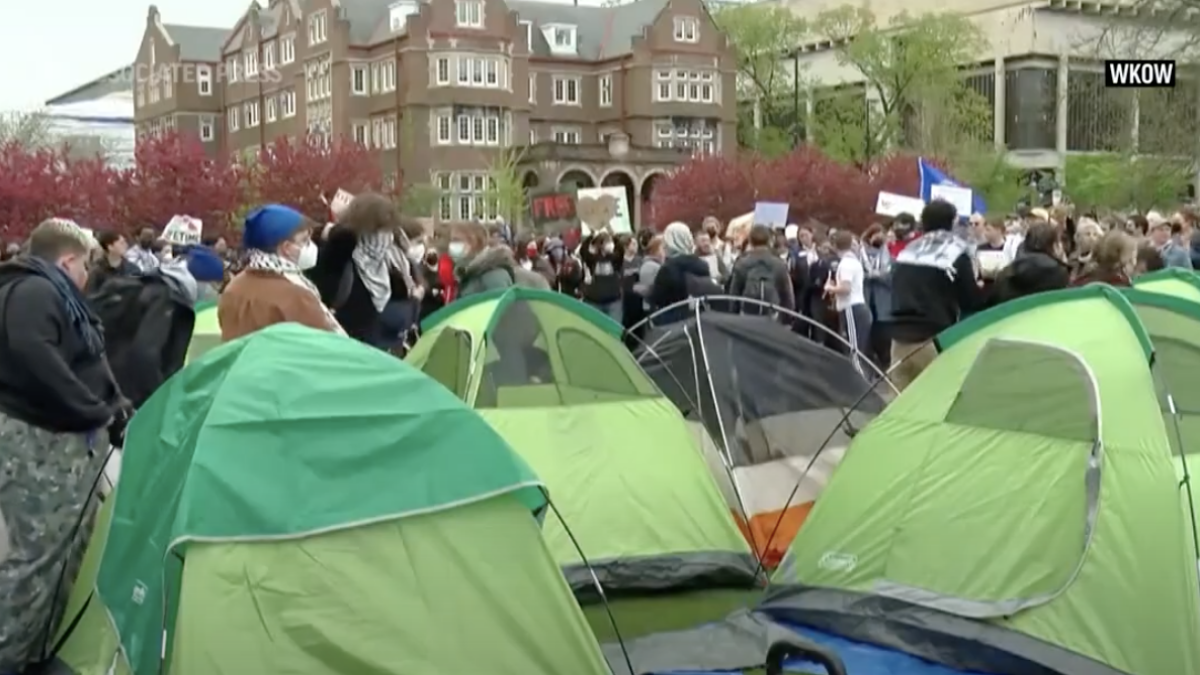There’s no sugarcoating a disturbing fact: Americans have lost faith in elections. Not even the corporate media, with all their pale assurances, can water down the confidence drought.
How bad is it? This bad: Just 20 percent of Americans said they were “very confident” in the integrity of U.S. elections, according to a 2022 ABC Ipsos poll. Spoiler Alert: Things haven’t changed much since.
The confidence waning started before the myriad election integrity questions surrounding the 2020 election. A Gallup poll conducted in 2019 found that, of 32 developed nations, only respondents in Chile and Mexico had more distrust in their elections than voters in the U.S. That was long before the accomplice media began pounding the narrative that confidence would be higher if not for all those “false elections claims” — such as concerns about Zuckbucks in local election administration and the unprecedented use of mail-in ballots during the manufactured Covid crisis.
A new report from the Foundation for Government Accountability (FGA) opens with an obvious point that has incredibly become less than obvious to some.
“A functioning democracy requires that those who elect their representatives trust the voting system in place. This means that elections must be safe and secure and that there is no doubt that elected officials were legitimately elected to their positions,” states the report, exclusively provided to The Federalist.
The paper lays out “Commonsense Solutions to Better Secure the 2024 Election.” The suggested reforms center on dealing with the explosion of absentee/mail-in voting, which surged 131 percent in Covid-stained 2020 compared to the general election just four years before. FGA says states still have the opportunity “to make the process as secure as in-person voting,” but doing so requires:
- Banning ballot harvesting
- Narrowing who can return ballots
- Banning third-party distribution of unsolicited absentee applications
- Stopping unsolicited applications and ballots by government officials
- Adopting strict guidelines for absentee ballot returns
- Requiring voter ID to cast an absentee ballot
- Prohibiting unsecured drop boxes
- Requiring absentee and mail-in ballots to be returned by Election Day
‘More Like In-Person Voting’
While the leftist-led vote-by-mail revolution of 2020 cooled a bit in 2022, “the genie is out of the bottle” on casting absentee and mail-in ballots, said Michael Greibrok, senior research fellow at the Foundation for Government Accountability and author of the new election integrity report.
Leftist “voting rights’ activists have long pushed for universal voting via mail. They got their wish under the cover of Covid, as health bureaucrats and governors locked down Americans at the outset of the pandemic.
“The one thing we can do, though, is make absentee ballot voting more like in-person voting,” Greibrok said.
Start by doing away with ballot harvesting, or third-party collections and submissions of ballots, a practice rife with perceived — and actual — problems, the researcher said. Confidence in elections requires confidence in the ballot chain of custody, which is sorely lacking in ballot-harvesting operations.
In the fall of 2020, the city of Madison, Wisconsin, organized what it billed as “Democracy in the Park,” a massive campaign that harvested more than 10,000 absentee ballots on one Saturday alone. Guess who reportedly promoted the event? Democrat presidential candidate Joe Biden. The Democrat city attorney who was involved in Wisconsin’s infamous John Doe investigations into conservatives signed off on the ballot-harvesting events and told Republicans who questioned it to go pound sand.
Canceling the Invitation to Fraud
In particular, the FGA report urges states to place limits on who can return ballots.
“When anyone can return absentee ballots and there is no limit to how many ballots they can return, it invites fraud. This includes but is not limited to paying for votes, pressuring voters to vote a certain way, and discarding votes of which the harvester does not approve,” the paper states.
These aren’t merely hypothetical problems.
A 2023 Democrat Party mayoral primary in Connecticut was nullified amid absentee ballot fraud. A guardian from Detroit-area firm Guardian & Associates last year pleaded guilty to seven counts of voter fraud after she allegedly “submitted applications for absentee ballots to nine city and township clerks on behalf of 26 legally incapacitated people under her care and had the ballots mailed directly to her” in the 2020 election, according to the Detroit Free Press. Similar allegations popped up in Wisconsin.
The FGA report recommends states limit the authority to return absentee ballots to “either the voter, a family or household member, or a designated caretaker.”
At least 14 states have banned ballot harvesting, according to the FGA report. Arkansas and South Dakota last year banned absentee ballot drop boxes, while other states such as Wisconsin have been waging the battle over drop boxes in court.
States should also require absentee and mail-in ballots to come with proof of identification, FGA advises: “This could be a driver’s license number, a voter identification number, or the last four digits of a voter’s Social Security number.”
Nebraska and Ohio recently put into effect voter ID laws for absentee voting. They have joined Arkansas, Georgia, and Minnesota, according to the National Conference of State Legislatures.
Sacking Solicitations and Long Ballot Counts
Banning third-party and government solicitations of unsolicited absentee applications would do much to restore confidence in elections, the FGA report asserts.
As The Federalist recently reported, Alabama Secretary of State Wes Allen alerted residents to “misleading, unsolicited mass mailing of pre-filled voter registration forms targeting Alabama mailboxes.” Perhaps it’s no surprise that left-wing groups founded by an old Clinton family friend are behind the effort.
Many other states are dealing with the same concerns.
“It’s safe to say that most everyone knows someone who in 2020 received an absentee ballot application for someone who did not reside in their home,” Greibrok said, adding that his brother has received multiple applications for individuals who haven’t lived in his home for years.
“It makes you wonder, ‘If I’m getting six of these, who else is getting them? If I’m doing the right thing and shredding them, are there people out there who aren’t?’”
States, too, have gotten into the business of flooding the mail with absentee ballot applications for every registered voter. In 2020, Michigan sent out 7.7 million applications at a cost of $4.5 million, FGA’s report notes.
And long, drawn-out ballot counts extending well past Election Day have eroded confidence in election integrity. States that allow absentee ballots to be returned after Election Day delay results and fuel election mistrust, the paper asserts.
Iowa and North Carolina are the most recent states to require all absentee ballots to be received by the time polls close on election night.
Beating Dems at Their Own Game
While conservatives have urged policymakers to implement such reforms, Republicans are looking at employing some of the same ballot collection tactics the GOP has long criticized.
A New Jersey political action committee is pushing a ballot-harvesting plan. Organizers are working to recruit and train ballot collectors. They say they plan to look at other voting options and the availability of drop boxes, one of the more effective weapons in Democrats’ get-out-the-vote arsenal.
California Republicans have seen the light and plan to roll out ballot-collection operations during this pivotal election year. Jessica Millan Patterson, chairwoman of the California GOP, told CalMatters that the party is playing by the rulebook it’s been handed.
A change in leadership at the Republican National Committee has brought a change in thinking on ballot harvesting. New Republican National Committee Co-Chair Lara Trump told the Washington Examiner that Republicans have “been playing checkers, and the Democrats have been playing chess.”
Last year, the GOP unveiled its “Bank Your Vote” initiative, encouraging “pre-election day voting.”
But as my Federalist colleague Shawn Fleetwood recently reported, voting by mail isn’t as secure as the left and their public-relations team in the corporate media want confidence-depleted voters to believe. Several outlets are beginning to tacitly admit to holes in their narrative.
“The good news is there has been a lot of movement on this front over the last few years,” Greibrok added. Reforming election laws around absentee and mail-in ballots, he said, will go a long way in increasing voter confidence in elections.
